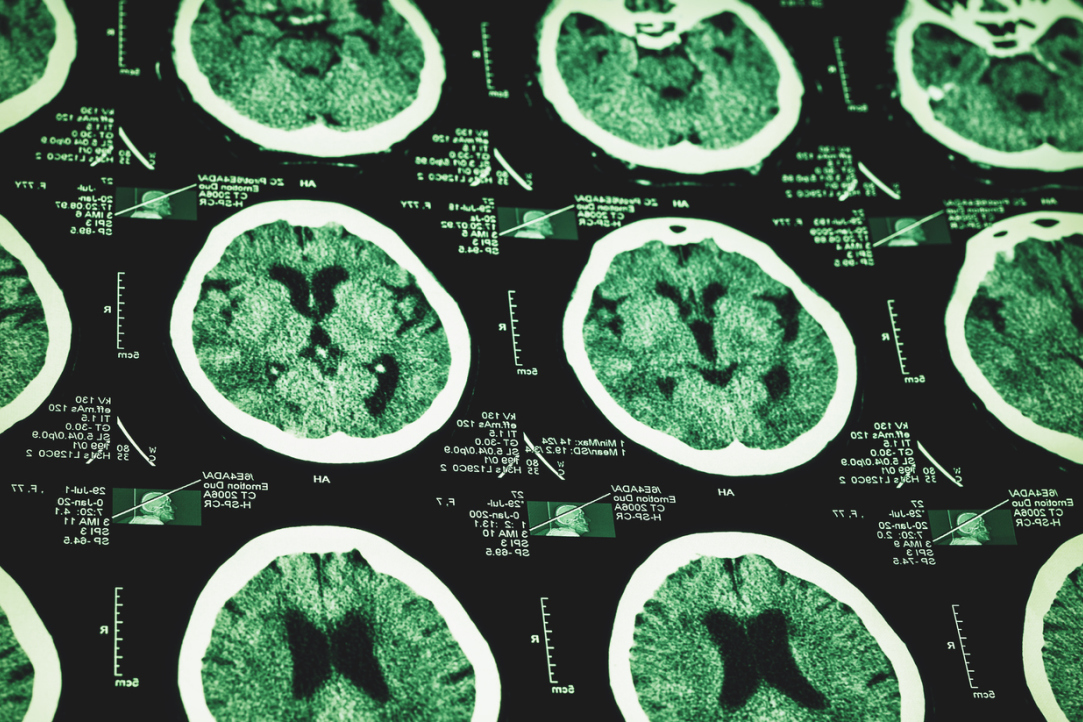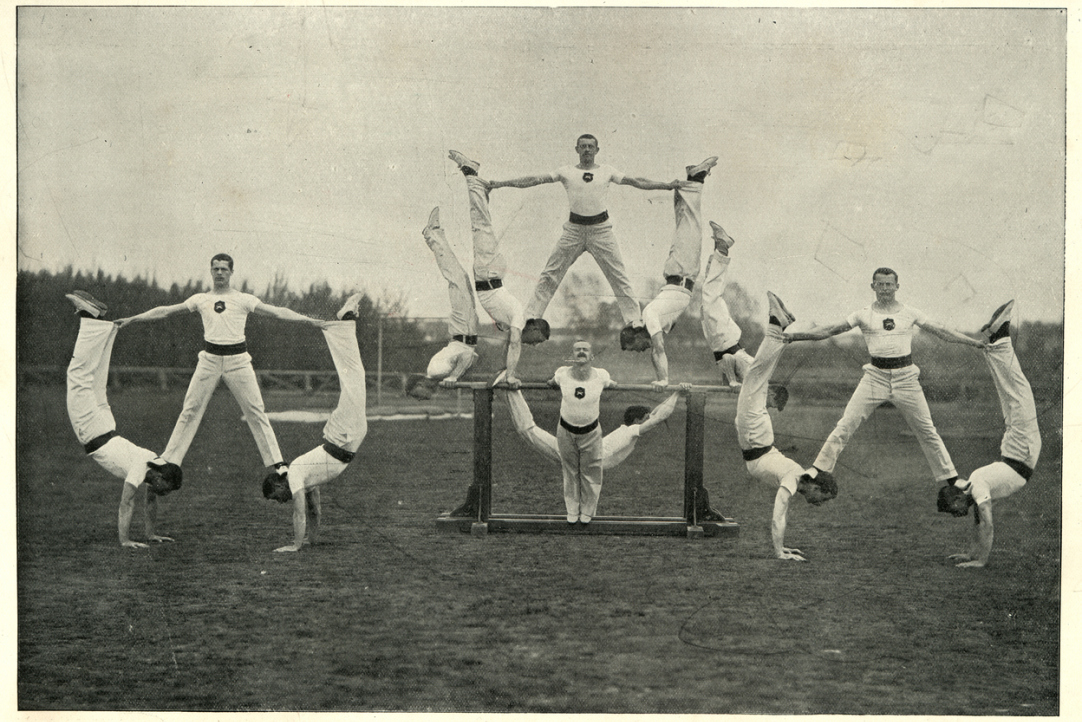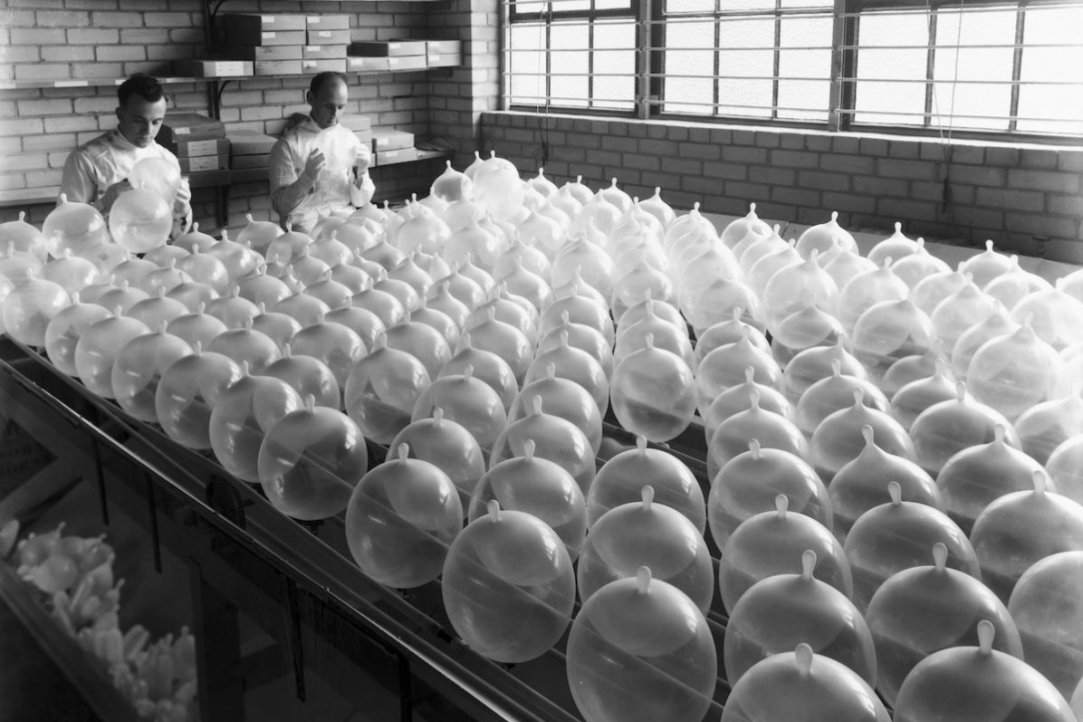
‘Reading’ with Aphasia Is Easier than ‘Running’
Neurolinguists from HSE University have confirmed experimentally that for people with aphasia, it is easier to retrieve verbs describing situations with several participants (such as ‘someone is doing something’), although such verbs give rise to more grammar difficulties. The results of the study have been published in Aphasiology.
.jpg)
A Disadvantaged Start: How Childhood Poverty Affects Self-confidence in Adulthood
In 2017, 30% of Russian families with children under three and almost 20% of families with children under 18 were living below the poverty line. Incidentally, financial hardships experienced during childhood do not leave one unaffected. A study by an HSE psychologist shows that poverty experienced in childhood reduces self-esteem and self-assurance even in adults who later achieve financial success.

Emotions Help Engage School Students in Learning
Psychology researchers from HSE University have trialed the reliability of a student engagement scale on 537 Russian primary school students. The findings indicated that the emotional component contributes the most to school engagement. The paper has been published in PLOS ONE journal.

19 Figures from 2019: Happiness, Loans and Loneliness in Russia
IQ.HSE continues the tradition of saying goodbye to the old year in figures. Below are 19 facts from the HSE University research that we shared in 2019.

Russia’s Physical Culture Scene: 10 Facts about the Physical Activity of Working Russians
Although a growing number of Russians now exercise regularly, the overall figure remains low — only one-fourth of working women and less than one-third of working men are physically active. Are Russians just lazy or are gym memberships too expensive for them? What can stimulate people to adopt a more active lifestyle, and is Russia up to international standards in this regard? Find the answers in a newly released study from HSE University. IQ.HSE selected 10 of the most interesting facts from that research.

A Contraceptive Revolution: How Abortion Rates Have Decreased in Russia
Russia has just had a great contraceptive revolution, and it is not over: unwanted pregnancies are more often prevented than terminated. Russians now engage in family planning with more confidence: the number of births is almost equal to the number of pregnancies. On the basis of studies completed by HSE demographers, IQ.HSE examines the Soviet and Russian culture of birth control.
The Turnstile Tango: How the ‘Turnstile Era’ Influenced the Physicality of Muscovites
The turnstiles and entrance gates used in municipal transport not only ensure that passengers pay, but also structure their behavior according to age, body size, ability and speed. Many people must maneuver themselves to pass easily through the rotating arms or swinging gates of an Automated Passage Control System (APCS): passengers cannot be too large or too small and must not walk too quickly or too slowly. Sociologists studied how turnstiles impose uniformity on passengers’ physicality and behaviour.

The Old Man and the Mortgage: On Fictional Characters' Financial Behaviour
Alexandre Dumas reveals some causes of economic crises, Ernest Hemingway explores financial decision-making, and Fyodor Dostoevsky offers his reader a glimpse into the minds of stock market players. IQ.HSE continues to read fiction from an economists' perspective: HSE Assistant Professor Henry Penikas takes a fresh look at some literary classics.

Isolated, Vulnerable, and Apathetic: HIV and the Transgender Community in Russia
Although HIV infection rates are high among the transgender community in Russia, many transgender people know very little about the virus, as well as their own health status. In Russia’s first study to examine transgender people as an at-risk social group for HIV transmission, demographers attribute these high infection rates to the community’s social stigmatization and isolation, as well as a lack of access to medical services. The study’s findings have been published in the HSE journal, Demographic Review.

Scholars Provide Monkeys with a Virtual Hand
Researchers from Duke University and HSE University have succeeded in creating artificial tactile perception in monkeys through direct brain stimulation. This breakthrough can be used to create upper-limb neuroprostheses, capable of delivering a tactile sensation. The study’s results were recently published in the Proceedings of the National Academy of Sciences.


Deadline for applications to present academic reports - January 20, 2025